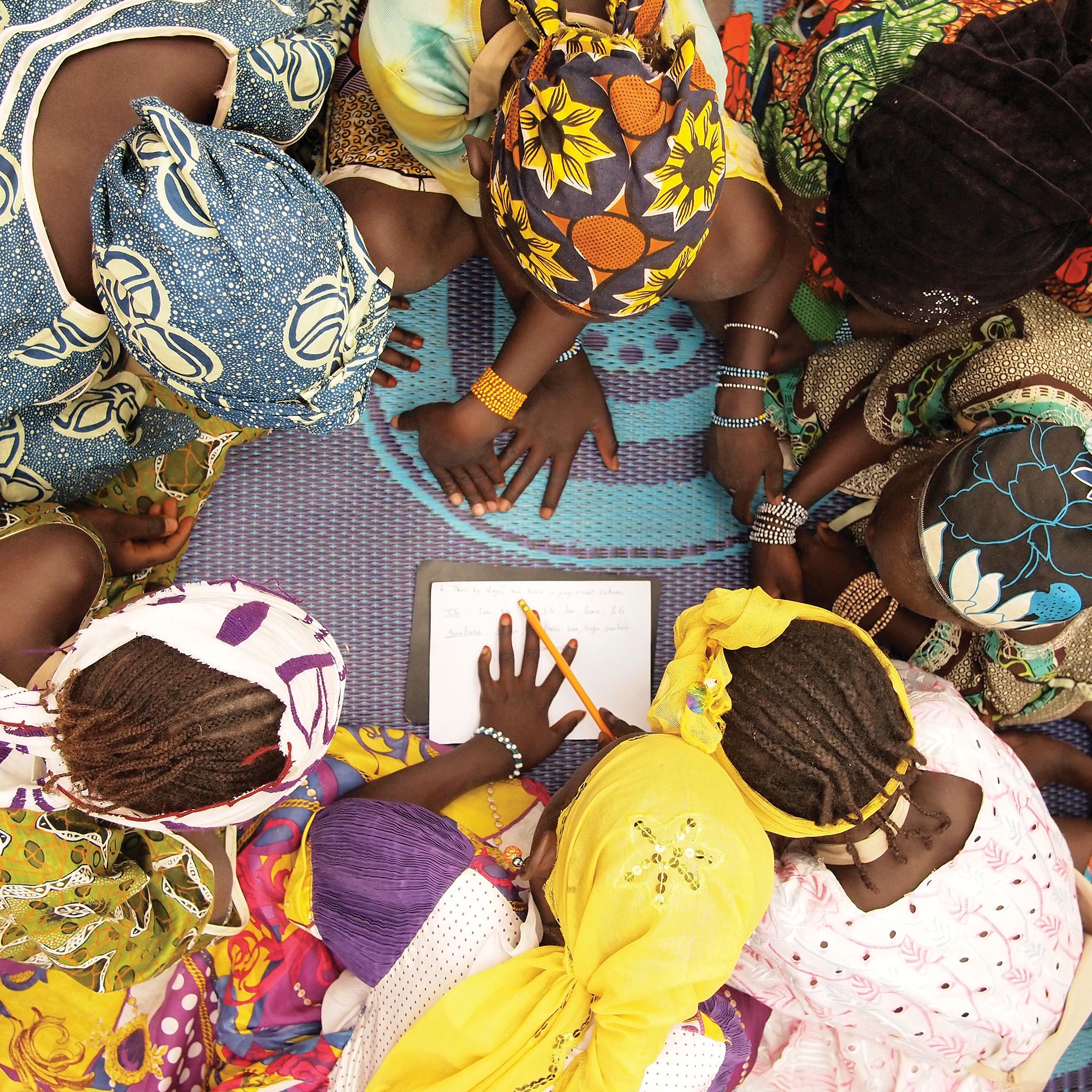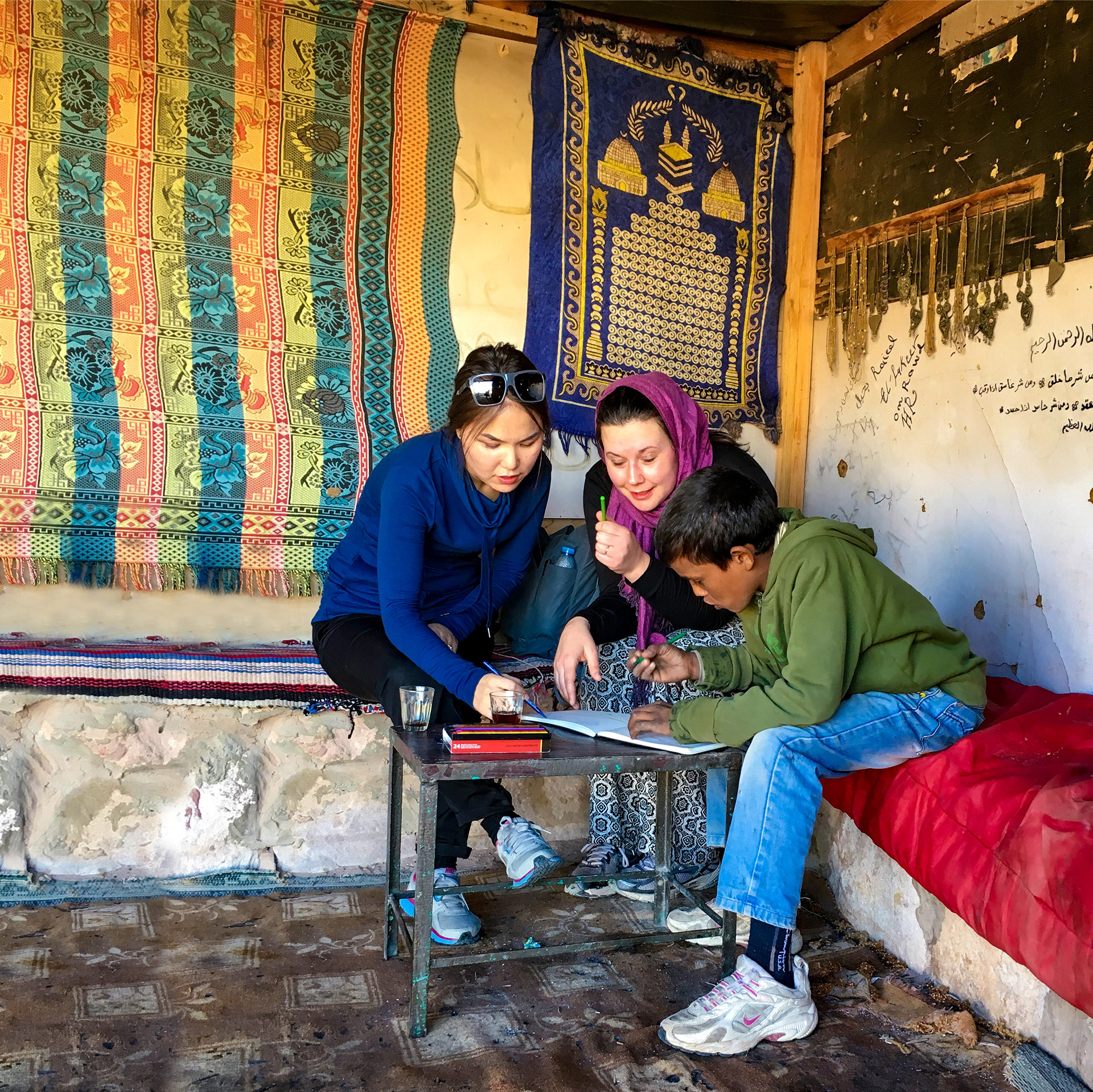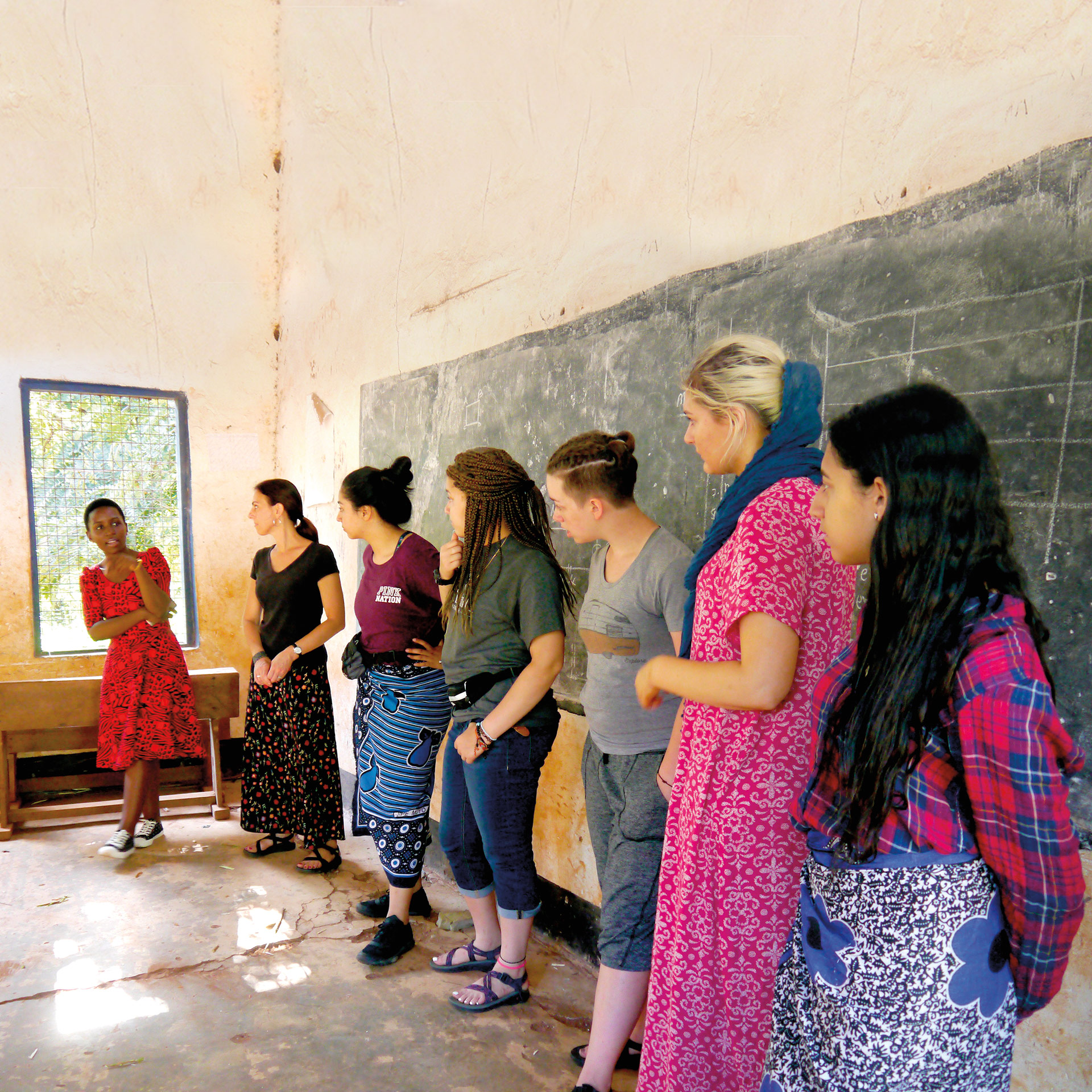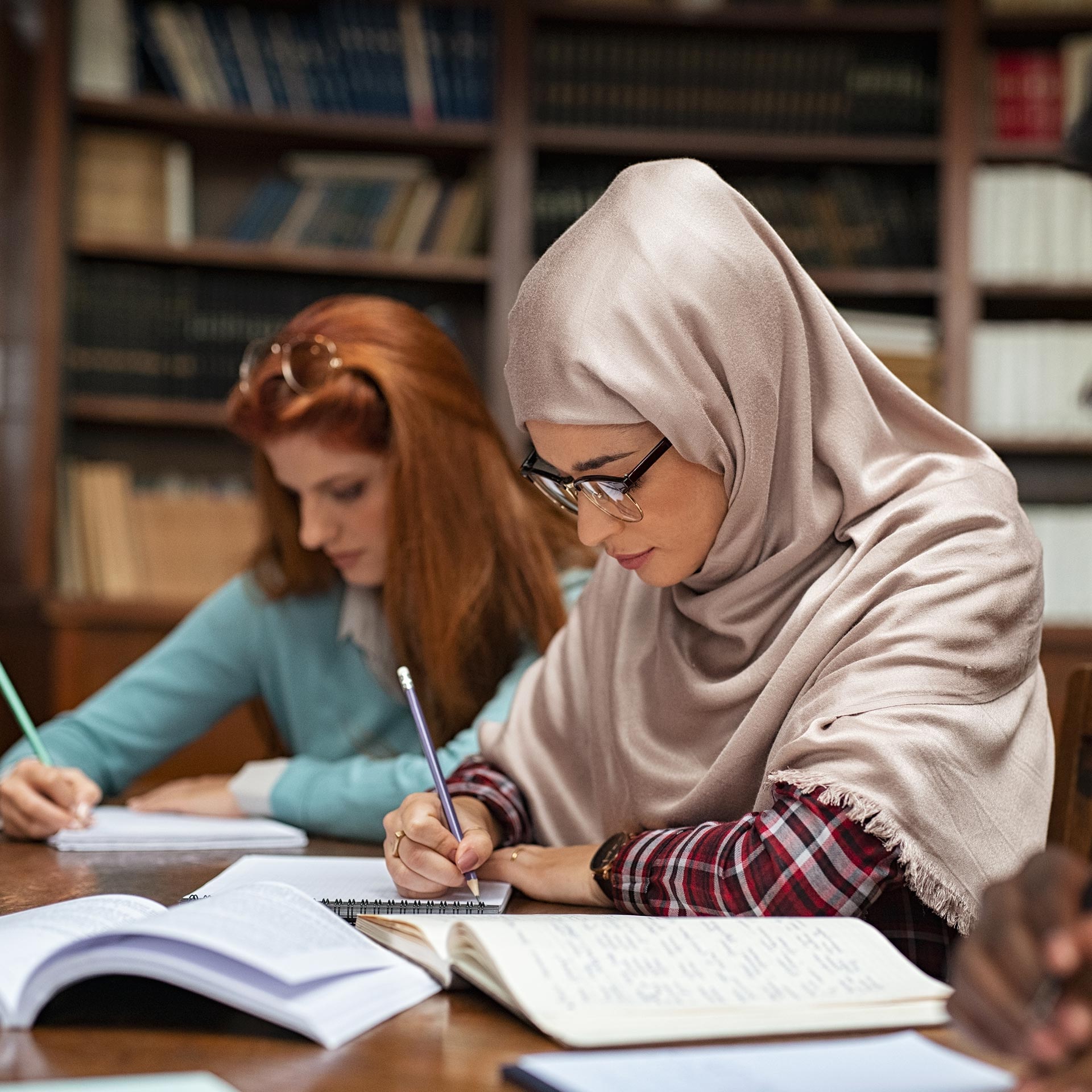Press enter to begin your search

EDUCATION & SOCIAL CHANGE

Programs
Unequal access to quality education inhibits the potential of millions of girls and women, indigenous populations, people with disabilities, displaced persons and refugees, and communities living in conflict areas. Intercultural, international-based education connects and engages communities as it values differences, confronts inequality, and recognizes common struggles. Our programs develop reflective educational leaders who can open up the world to new generations, advocate for local agency and intercultural communication, and support transformative settings where self-empowerment and human potential can flourish.







